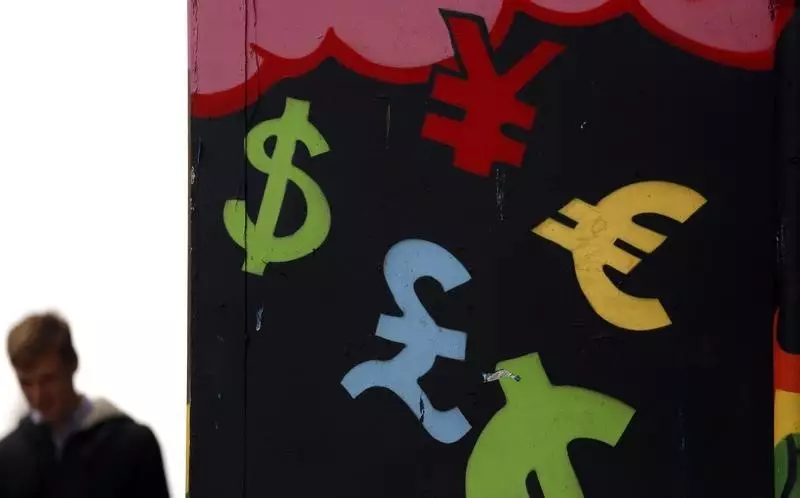The extradition of Do Kwon, co-founder of Terraform Labs, from Montenegro to the United States marks a significant development in the landscape of cryptocurrency regulation and investor protection. Kwon has remained a controversial figure since the collapse of TerraUSD, a so-called stablecoin, in May 2022, which resulted in staggering losses to investors and upheaval in the broader cryptocurrency market. With allegations that he misled investors regarding the stability of TerraUSD, Kwon’s case serves as a crucial test for the enforcement of regulations aimed at maintaining transparency and accountability in the fast-evolving crypto sector.
Kwon’s extradition was made possible by the Montenegrin Supreme Court’s ruling that legal prerequisites were met for his handover to U.S. authorities. Interior Minister Bojan Bozovic’s decision was not without contention, as Kwon’s legal team has since filed an appeal against the extradition. The case raises questions about the intersection of national and international legal frameworks, especially in cases where financial activities may cross borders. Kwon’s dual legal challenges—from both the U.S. Securities and Exchange Commission (SEC) and South Korean authorities—underscore the severity of the allegations against him.
This high-profile case has broader implications for the cryptocurrency industry, as Kwon’s alleged actions could lead to increased scrutiny on digital assets and the companies behind them. The SEC’s lawsuit highlights an ongoing effort to strengthen regulations surrounding cryptocurrencies, especially stablecoins that are designed to maintain a specific value. As digital currencies increasingly become part of the financial mainstream, regulatory bodies in various countries are considering stricter oversight to enhance investor protection and maintain market integrity.
Stablecoins, in particular, have garnered attention due to their perceived safety compared to more volatile cryptocurrencies like Bitcoin. However, the TerraUSD collapse, which reportedly caused around $40 billion in losses, raises critical questions about the reliability of these digital assets. The outcome of Kwon’s trial may set benchmarks for how existing regulations are interpreted and enforced, potentially inspiring new legislation geared towards greater accountability.
Looking Ahead
As Kwon navigates the judicial landscape in the United States, the broader cryptocurrency community is left watching closely. With the industry’s reputation at stake, stakeholders await the outcomes that could influence regulatory approaches worldwide. Many investors are hopeful for a more defined framework that could protect against future calamities like the TerraUSD fallout. Ultimately, Kwon’s extradition may become a pivotal moment for an industry striving to achieve legitimacy and accountability amid rampant speculation and financial risk.
The journey of the cryptocurrency market continues to unfold, and Kwon’s case serves as a reminder of the urgent need for clarity in regulations and adherence to ethical practices in financial technology.


Leave a Reply